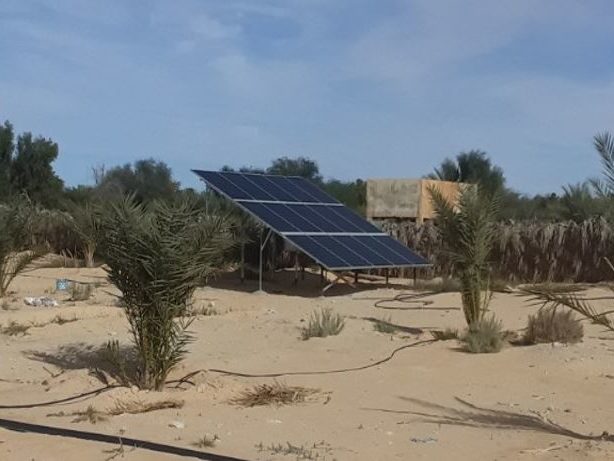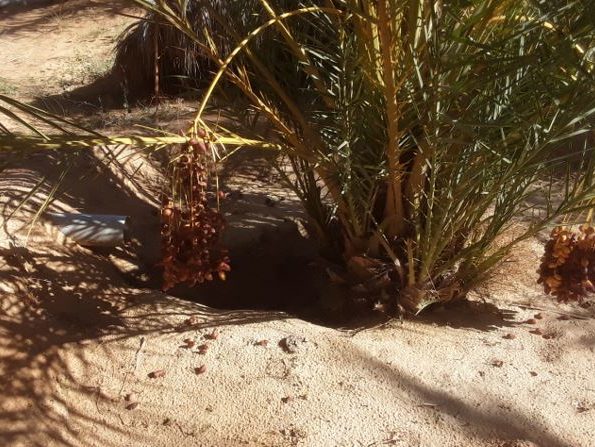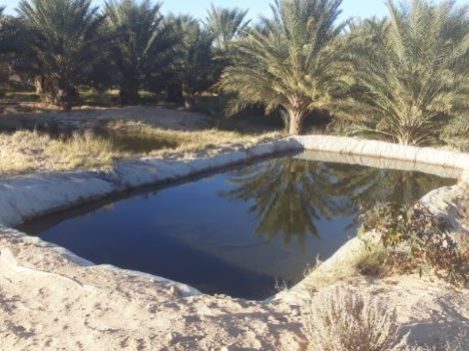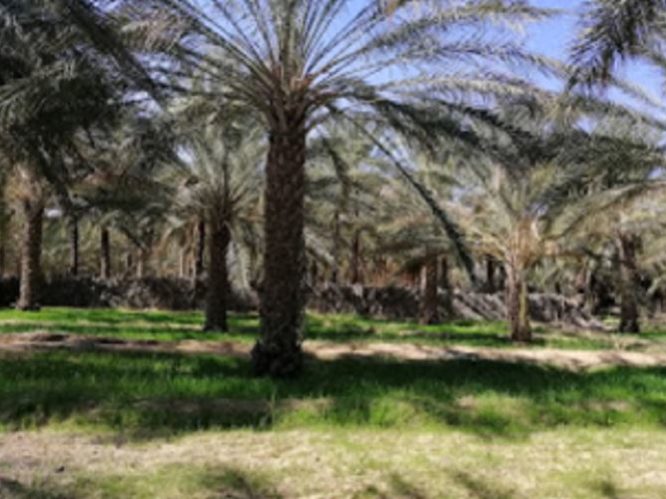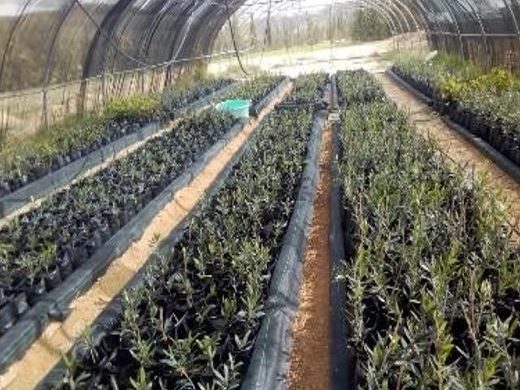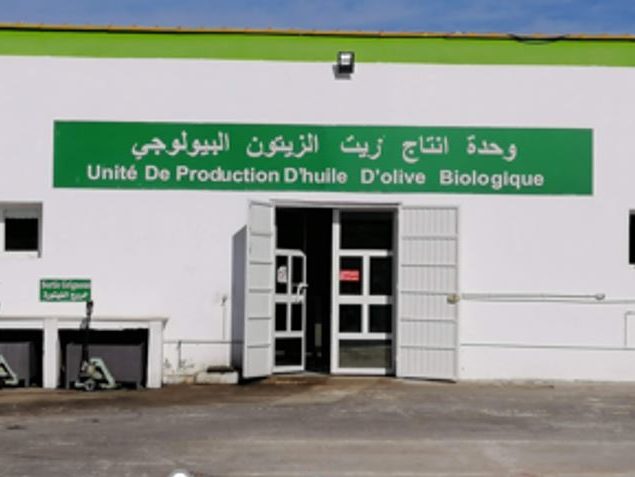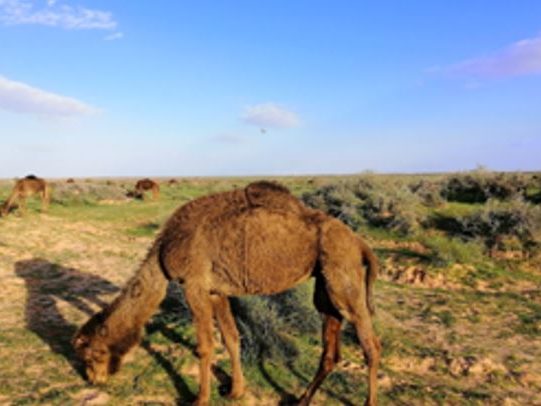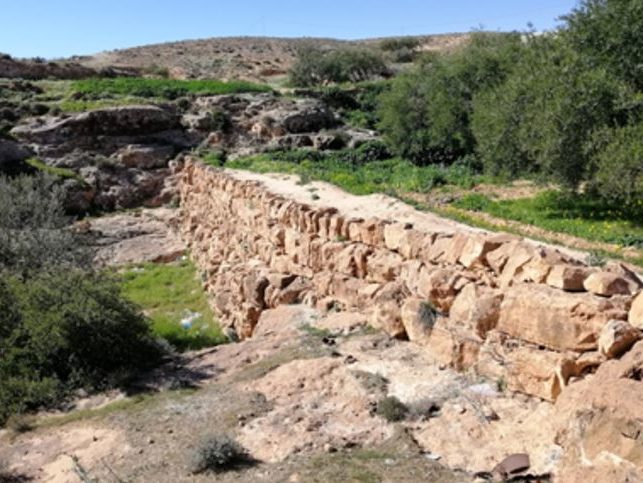In Tunisia, the Massire project worked in Kebili and Medenine governorates. Agricultural activities in Kebili governorate mainly focus on date production. Approximately 40,000 farms (most of them family ones) farm on 38,000 ha of irrigated lands. Farmer associations manage irrigation water in 11,000 ha within traditional oases. The remaining 27,000 ha are mainly palm groves in so-called “extensions”. These palm groves have increased fast over the last decade, as part of a pioneering front developing on previously unfarmed areas. In these areas, irrigation water is obtained from groundwater, based on individual and informal accesses.
Date production in Kebili governorate represents nowadays 68% of national production. However, fast developing extensions face many vulnerabilities, such as groundwater overuse, drainage problems, and the risks in terms of production and marketing related to a focus on one crop only. Agricultural activities in traditional oases are often limited by the small size of fields and by infrequent access to collective irrigation delivery.
Several initiatives have developed recently to promote more sustainable development. Organic agriculture is growing fast. New irrigation materials (small-scale temporary storage basins, drip irrigation) are increasingly used. Local initiatives and programs aim to support the integration of young people and women associations are increasingly present and active.


